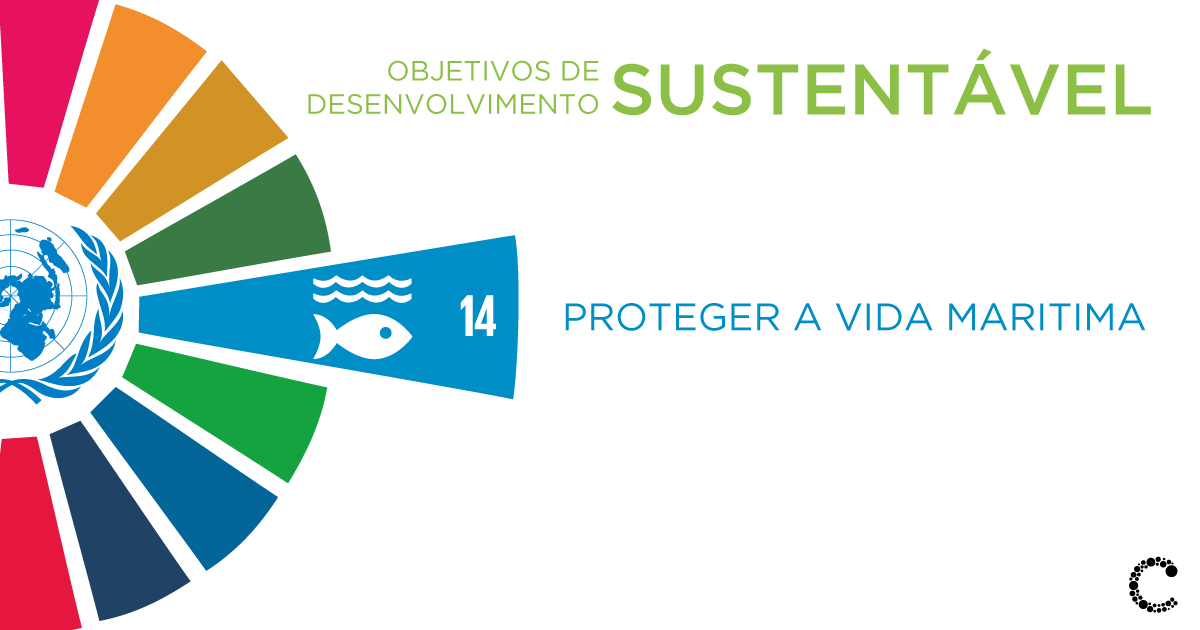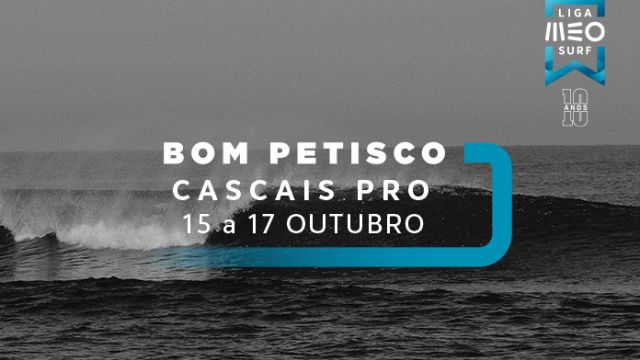
Tuesday is the day we present you one more of the 17 ODS. Today's agenda concerns the protection of marine life and aims to conserve and sustainably use oceans, seas and marine resources for sustainable development.
It was stipulated by the ONU:
• By 2025, prevent and significantly reduce marine pollution of all types, especially from land-based activities, including marine debris and nutrient pollution;
• By 2020, to sustainably manage and protect marine and coastal ecosystems to avoid significant adverse impacts, including through strengthening their resilience capacity, and take measures to restore them, in order to ensure healthy and productive oceans;
• Minimize and address the impacts of ocean acidification, including through strengthening scientific cooperation at all levels;
• By 2020, effectively regulate resource extraction, stop overfishing and illegal, unreported and unregulated fishing and destructive fishing practices, and implement scientifically based management plans to restore fish populations in the least as long as possible, at least to levels which can produce maximum sustainable yield, as determined by their biological characteristics;
• By 2020, conserve at least 10% of coastal and marine areas, in accordance with national and international legislation, and on the basis of the best available scientific information;
• By 2020, to prohibit certain forms of fishing subsidies, which contribute to overcapacity and overfishing, and to eliminate subsidies that contribute to illegal, unreported and unregulated fishing, and to refrain from introducing such new subsidies, recognizing that adequate and effective special and differential treatment for developing and least developed countries should be an integral part of the World Trade Organization negotiations on fisheries subsidies;
• By 2030, increase the economic benefits for small island developing States and least developed countries from the sustainable use of marine resources, including through sustainable management of fisheries, aquaculture and tourism;
• To increase scientific knowledge, develop research capabilities and transfer marine technology, taking into account the criteria and guidelines on the Transfer of Marine Technology of the Intergovernmental Oceanographic Commission, in order to improve the health of the oceans and increase the contribution of marine biodiversity to developing countries, in particular small island developing States and least developed countries;
• Provide small-scale artisanal fishermen access to marine resources and markets;
• Ensure the conservation and sustainable use of oceans and their resources by the implementation of international law, as reflected in UNCLOS, which determines the legal framework for the conservation and sustainable use of oceans and oceans. their resources, as recorded in paragraph 158 of the "Future We Want".
Be aware that Thursday we have more news for you.
LET'S TRANSFORM THE WORLD

























